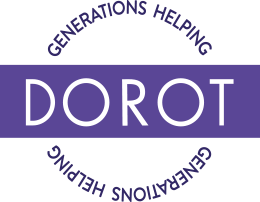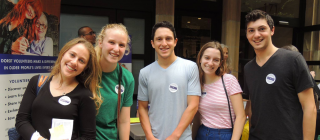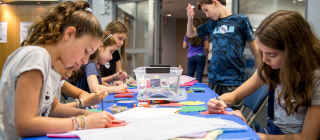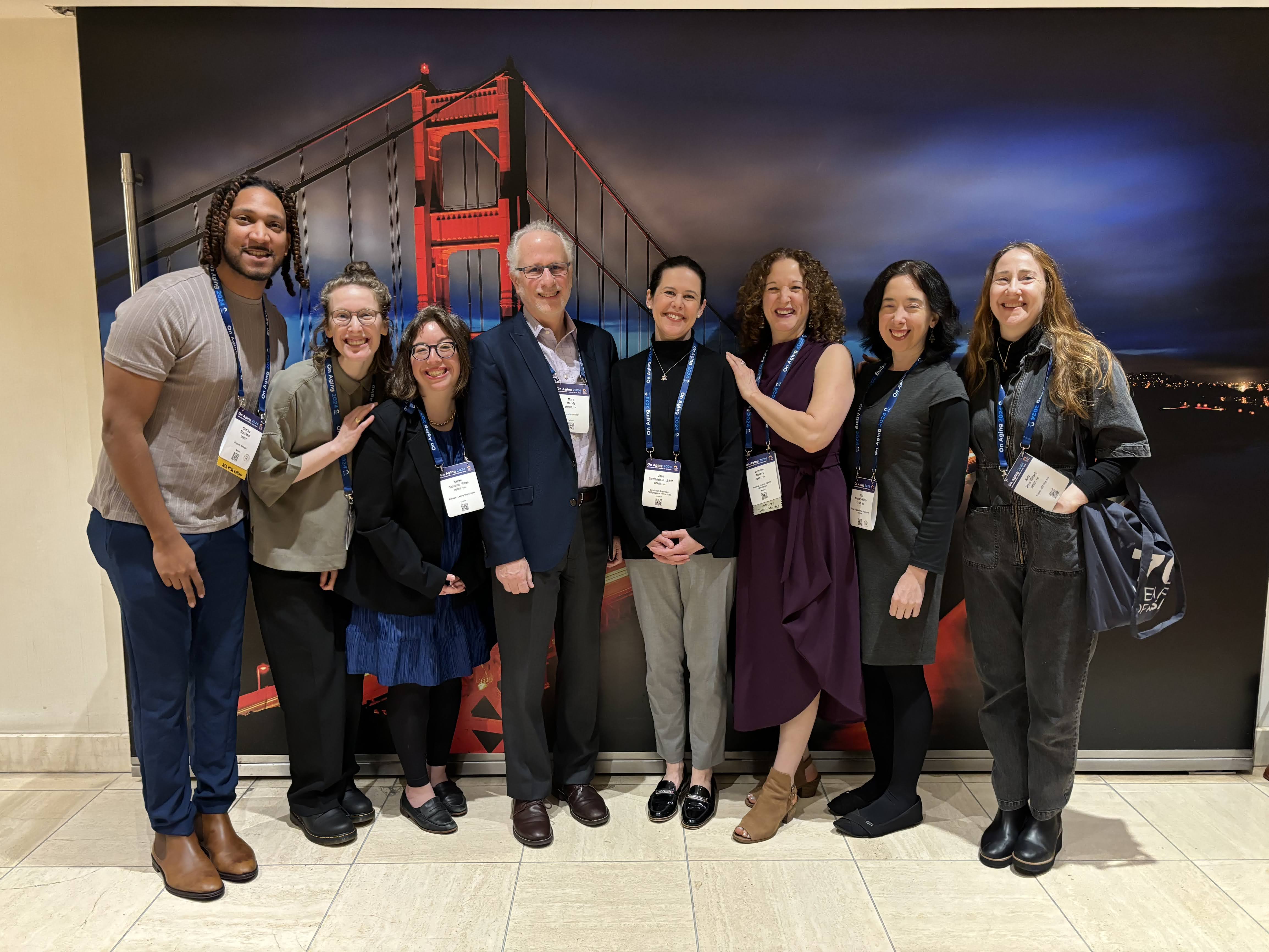From Mark L. Meridy, Executive Director at DOROT:
When I first came to DOROT 14 years ago, our society mostly ignored the problem of social isolation and loneliness among older adults. Isolation was seen as an unfortunate byproduct of growing old, and programs to address the issue were viewed as “nice” but not essential. Things have changed dramatically in the last few years.
Today, U.S. Surgeon General Dr. Vivek Murthy has dubbed loneliness an epidemic, and since the pandemic, media outlets have continued to share stories about the prevalence of social isolation and the value of programs like DOROT’s, which foster meaningful relationships and connection.
This remarkable change in attitude struck me again last month when I attended the American Society on Aging’s annual conference in San Francisco.
I’ve been to the ASA conference many times, but this year, the program schedule showed that addressing isolation and loneliness was at the forefront of people’s minds. This new focus was also made clear by the number of DOROT staff members—six, including me—who were chosen to share our work as conference presenters. This is a highly competitive process, so six presenters from a single organization is significant.
I know that our strong representation reflects the exceptional talent of our staff and the stellar reputation of DOROT. But it also makes clear that finally, both professionals and the public understand that addressing social isolation and loneliness is not only nice but necessary. I saw a hunger at the conference to learn from DOROT and others in our field.
It was evident in the high attendance at panels featuring our staff, who discussed key areas of our work, including:
- How we help older adults master digital technology—and how that makes a big difference in reducing social isolation.
- How we create arts programming in ways that build community and transcend barriers among people from different backgrounds.
- How we’ve developed transformative programs for solo agers by learning with and from our program participants.
We discussed ideas about innovation and explained our model for working with synagogues to support their older adult communities. I spoke on a panel with a representative of the Surgeon General’s office along with the Executive Director of the Coalition to End Social Isolation and Loneliness, a leading force in the field, and the Senior Director of Creative Engagement at Front Porch, an innovative organization from San Francisco. I shared DOROT’s philosophy of inviting older adults to be not only program participants but to volunteer, as well, and I described the extraordinary impact we’ve seen on older adults and volunteers of all ages who participate in our intergenerational programs.
I’m pleased to tell you that the need to build connections among older adults, and all citizens, has indeed become a front-burner issue. My hope is that this recognition translates into greater support from all sectors of society—government officials, major funders, and private citizens. And by support, I mean not solely financial support, though that is essential. But we also need activism to keep this issue at the top of our nation’s agenda; volunteerism to help organizations like DOROT build social bridges across our communities; and personal awareness, an understanding that loneliness affects most people at some point and there are steps we can take to alleviate it.
Our multi-generational community of older adults, volunteers, and supporters is part of this great effort to reverse the social trends that isolate us from each other and to replace them with pathways to connection and belonging among people of all ages and backgrounds.




